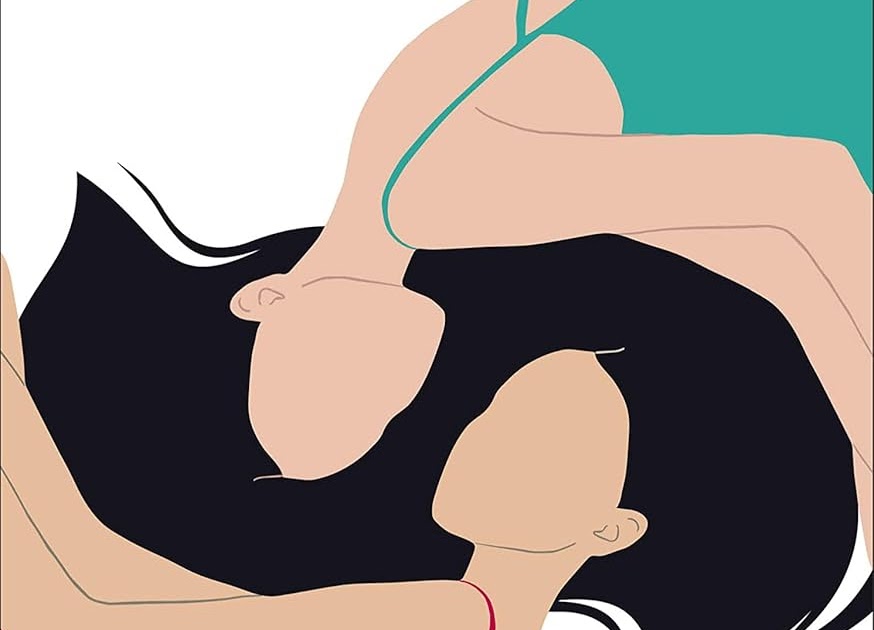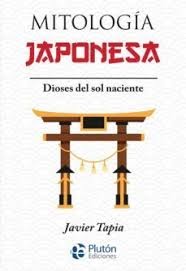
Original Language: Japanese
Títutulus original: Natsu monogatari (Summer Story)
Translation: Lourdes Porta Fuentes
Year of publication: 2019
Valoración: Read
According to data from the World Population Review¹, the countries with the highest rate of aesthetic surgeries are, in descending order, Korea, Argentina, Brazil, Colombia and Greece. Like beauty standards vary according to geography and culture, the type of surgery predominant in each country is also diverse and emblematic of each region: in Korea, eyelid surgery; In Brazil, the Brazilian Butt Liftand in Colombia, the increase in chest, reflected even in titles of famous productions such as Without tits there is no paradise. I begin the review with these data to underline that this novel could never have been written in, for example, Brazil or Colombia.
Natsuko, the protagonist, temporarily houses in her little (and very poor) department of Tokyo to her older sister, Makiko, and her niece. Although the sisters grew together and shared many experiences, they have completely different characters and very different ways of understanding life. These differences are evidenced by the central situation of the plot: Makiko travels to Tokyo to perform a breast augmentation surgery, a relatively rare procedure in Japan, compared to eyelid operations or facial liftings.
Makiko is presented as a superficial, uncultured, and obsessed woman with the passage of time and the effects of aging. In contrast, Natsuko, although naive, is prone to reflection (if not rumination) of everything that happens in its environment. As cherry of the cake of this drama of the human condition, we have the niece, Midoriko, a teenager in full puberty whose body in flowering visibly contrasts with the withered figure of Makiko. How could it be otherwise, Midoriko is extremely introverted, to the degree of mutism, so he has to use a notebook to communicate with his mother and aunt. His reflections are presented to us in the novel as a newspaper, allowing us to look out the existential chaos that crosses.
The book has its interesting moments, but unfortunately, if I had to define it with a single word, it would be this: boring. The novel has about 500 pages that, with a good edition, could have easily reduced to about 200 (completely blame the editor; although I am not quite safe, it seems that it is a reissue motivated by the lack of initial impact). At risk of bothering the defenders of the slow pacethis work extends too much in superfluous descriptions that, in my opinion, do not provide true depth or narrative relevance.
Also, the niece with selective mutism seems more a pretext to introduce another narrative point of view than a true opportunity to generate convincing internal contrasts or dialogues. Finally, the central axis of the novel, breast increase surgery, ends up being a double -edged sword: it can be an invitation to reconsider from a different perspective a seemingly banal act, or being a trivial issue if read from countries where this intervention is something everyday. However, in a world where we can easily find out what happens in other cultures from our screens, I feel that the attempt was in mere intention.
Despite these negative aspects, it is fair to recognize that Breasts and eggs It has the merit of addressing sensitive issues about the female body, social pressure and the passage of time. Of course, from a clearly Japanese perspective. His intimate style, although sometimes excessively leisurely, manages to convey the daily insecurities of his characters. Although the work does not fully reach its potential, I believe that it achieves moments that invite reflection on what it implies being a woman in societies obsessed with beauty and youth.
1. https://worldpopulationreview.com/country-rankings/plastic-surgery-by-country
Source: https://unlibroaldia.blogspot.com/2025/06/mieko-kawakami-pechos-y-huevos.html


